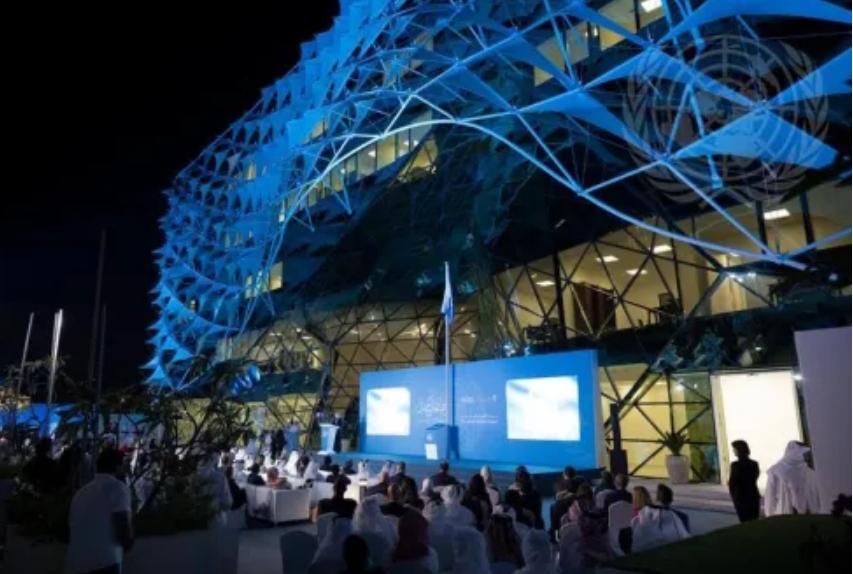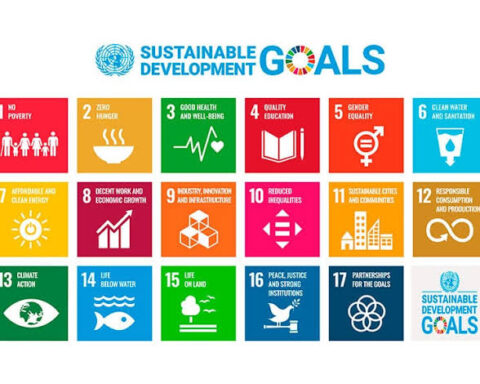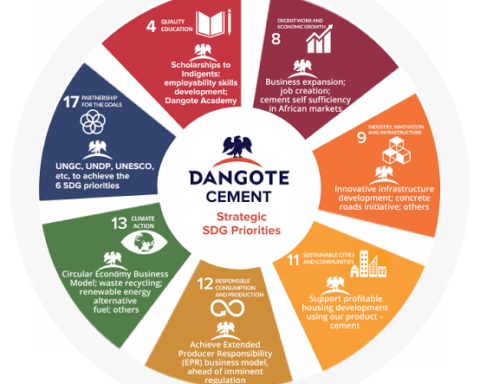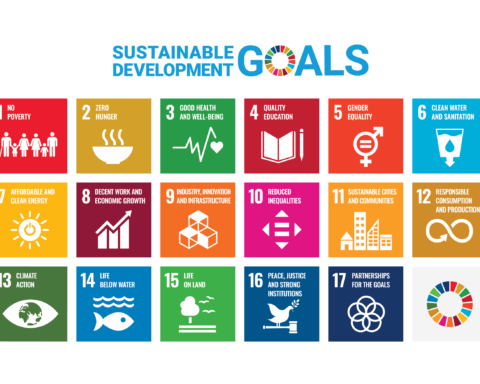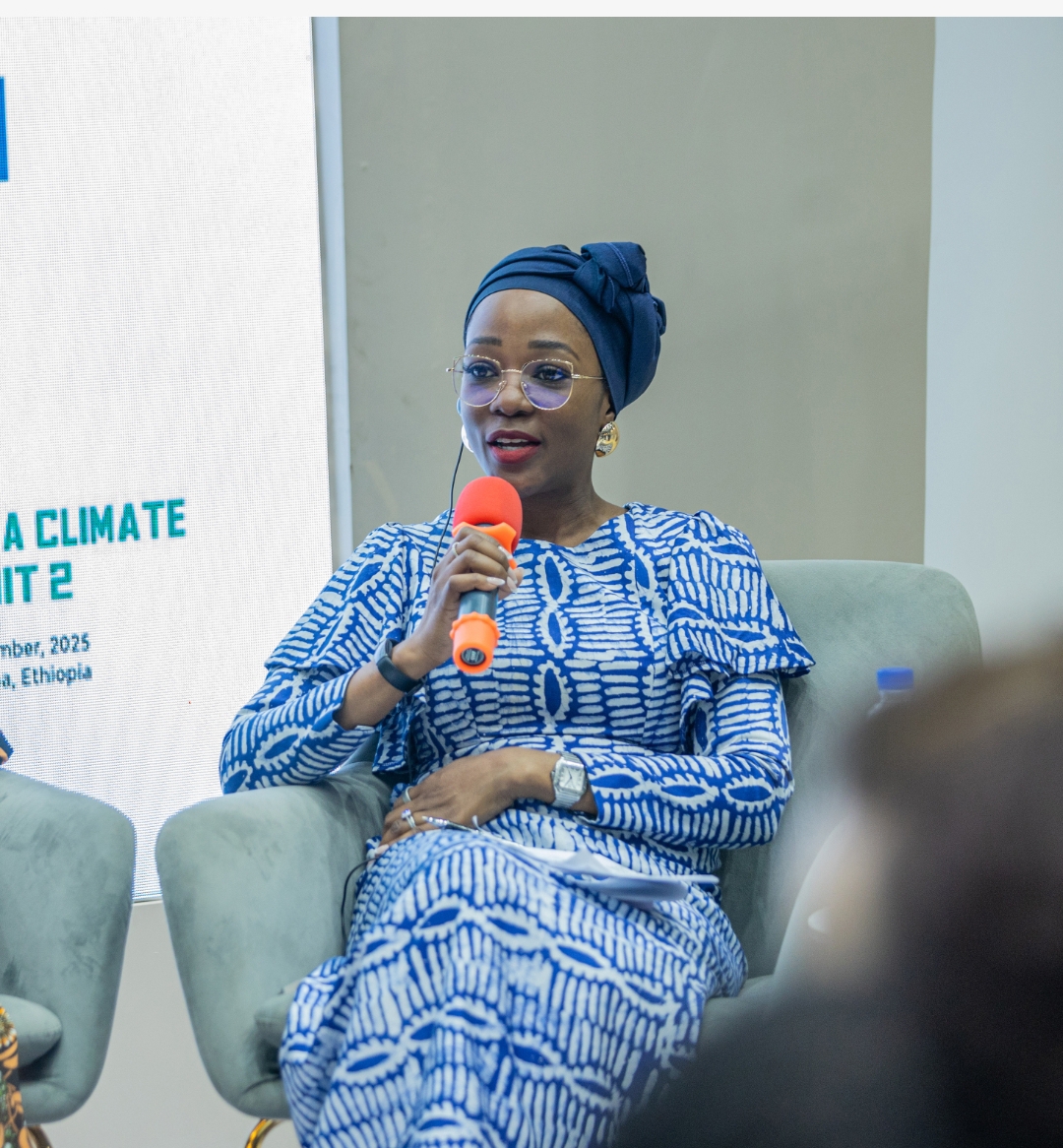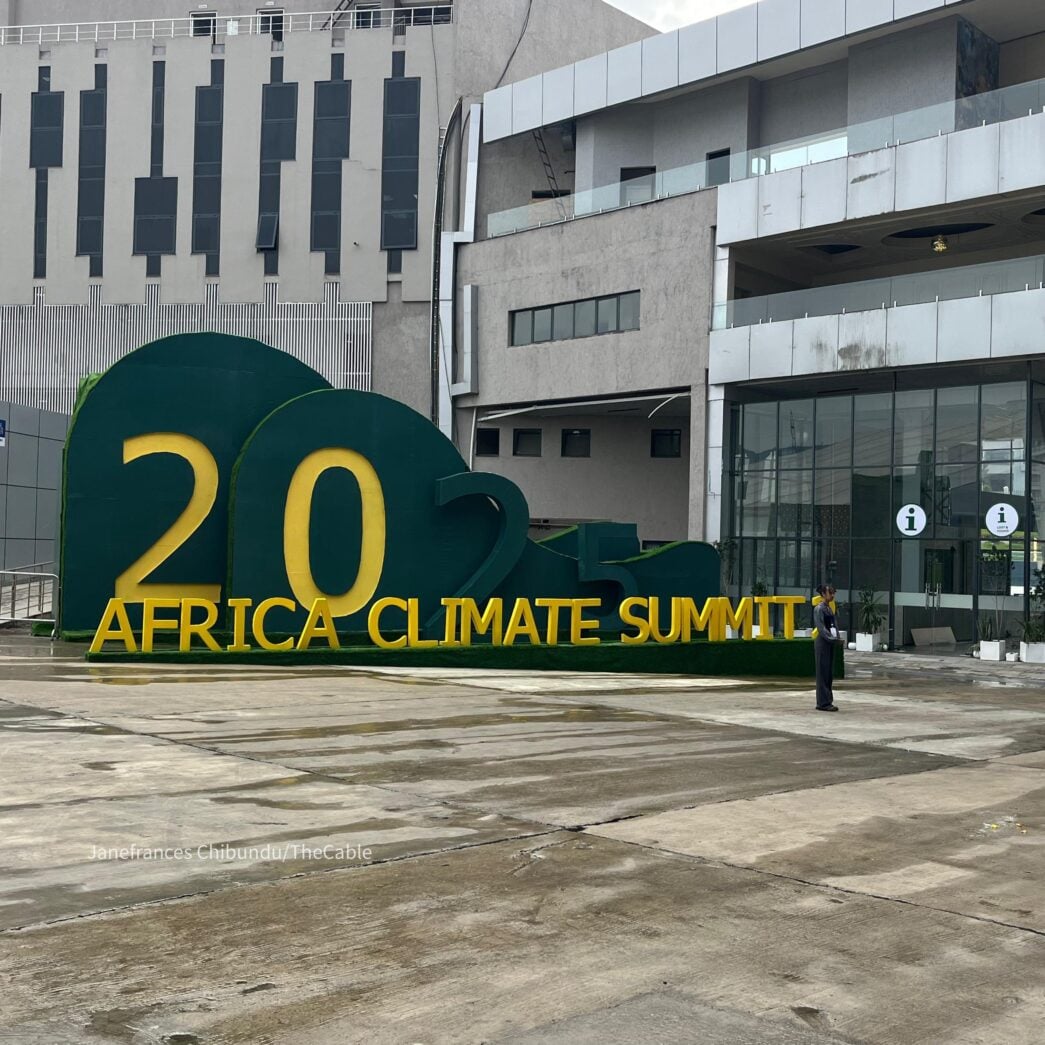Three decades after the landmark 1995 World Summit for Social Development in Copenhagen, the global community will reconvene this time in Doha, Qatar, from November 4 to 6, 2025 for the Second World Summit for Social Development, under the theme “Accelerating Social Progress and Inclusion for a Sustainable Future.”
The Summit, convened by the United Nations General Assembly through Resolutions 78/261 and 78/318, marks a renewed global effort to tackle persistent social and economic inequalities amid demographic shifts, conflicts, and rapid technological transformation.
At a time when the world grapples with widening poverty gaps, unemployment, and declining trust in institutions, the Doha Summit aims to redefine strategies for social progress and reinvigorate commitments to the 10 guiding principles of the 1995 Copenhagen Declaration including poverty eradication, full employment, and social inclusion.
The 2025 Summit is expected to accelerate the implementation of the 2030 Agenda for Sustainable Development, particularly Goals 1, 8, and 10, which focus on poverty reduction, decent work, and reducing inequalities.
For developing nations like Nigeria and other African countries, the gathering provides an opportunity to advocate for stronger global partnerships, improved social protection systems, and inclusive economic reforms that ensure no one is left behind in the race toward sustainable development.
Experts say the discussions in Doha will likely influence global funding priorities, including social safety nets, youth employment programs, and digital inclusion, which are critical for Africa’s demographic advantage.
His Highness Sheikh Tamim bin Hamad Al Thani, the Amir of the State of Qatar, in a statement said the nation is honored to host the Summit, reaffirming Qatar’s commitment to advancing human-centered development both nationally and globally.
“This Summit will assess progress, identify implementation gaps, and reaffirm our collective commitment to advancing social development, ensuring that no one is left behind,” the Amir stated.
He emphasized Qatar’s long-standing investment in education, health, social protection, and productive employment, describing them as pillars for fostering inclusion and social justice.
“We have championed the integration of social, economic, and environmental policies, adopting a whole-of-society approach that places people at the center of our development,” he added.
Africa’s Stake in the Conversation
For Nigeria and much of sub-Saharan Africa, where unemployment, poverty, and inequality remain key development challenges, the Doha Summit represents a platform to push for equitable access to global finance, skills development, and inclusive policy frameworks that prioritize the poor and marginalized.
Analysts say the continent must seize the opportunity to advocate for stronger multilateral cooperation and innovative financing models to address structural inequality and enhance the resilience of social systems.
Civil society actors in Nigeria have already called for inclusive national consultations ahead of the Summit to ensure that Africa’s priorities especially youth employment, gender equality, and digital equity are clearly articulated on the global stage.
The Doha Summit is expected to bring together world leaders, UN agencies, civil society, academia, cooperatives, and the private sector to strengthen international cooperation for inclusive social development.
The State of Qatar, which has hosted several high-level UN conferences in recent years, says it remains committed to providing a platform for dialogue, cooperation, and joint solutions to global challenges.
“As we prepare to welcome the world to Doha, we look forward to working closely with Member States, the United Nations, civil society, academia, and the private sector to advance social justice, rebuild trust in institutions, and shape a new course for global social development,” Sheikh Tamim said.
As nations converge in Doha, expectations are high that the Second World Summit for Social Development will chart a bold course toward inclusive growth, equitable opportunities, and renewed global solidarity outcomes that are critical not just for the world, but particularly for developing regions like Africa, where the promise of social justice remains a defining goal.
By Dare Akogun


